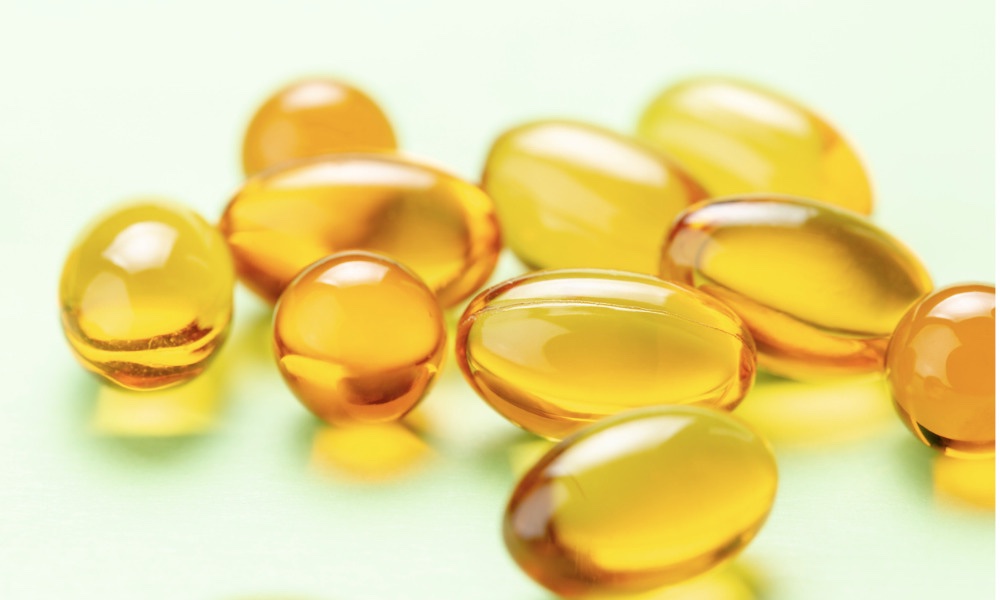Vitamin D, is a fat-soluble vitamin that helps the body absorb calcium and phosphorus, building strong bones and teeth. Research has also shown that vitamin D can boost our immune system, aiding weight loss and lowering cancer risk.
But that's not all. Vitamin D supplements may also help older adults who are overweight or have obesity lower their blood pressure.
Researchers at the American University of Beirut Medical Center in Beirut, Lebanon, looked at blood pressure in a study of 221 older adults ages 65 years and older. All the volunteers had a body mass index (BMI) over 25 and were considered to be overweight or have obesity.Vitamin D is believed to help keep the lining of blood vessels flexible and healthy. In the case of low levels, the arteries may turn stiff, making it harder for the blood to flow and contributing to a rise in blood pressure.
Vitamin D deficiency is common all over the world. Previous studies have linked vitamin D deficiency to a higher risk of hypertension. It's believed that vitamin D helps keep the lining of blood vessels flexible and healthy. In the case of low levels, the arteries may turn stiff, making it harder for the blood to flow contributing to a rise in blood pressure.
The subjects in the double-blind study were given vitamin D supplements at either 600 IU a day or 3,750 IU a day over the course of a year. In both cases supplementation decreased blood pressure. But supplementation at these high doses did not provide any additional health benefits.
“Our study found vitamin D supplementation may decrease blood pressure in specific subgroups such as older people, people with obesity and possibly those with low vitamin D levels,” Ghada El-Jajj Fuleihan, of the American University of Beirut Medical Center in Beirut, Lebanon, explained in a press release, adding, “High vitamin D doses …did not provide additional health benefits.”Ultraviolet rays from the sun produce vitamin D on cloudy days, too, but it can take a little longer to get your body's required D.
You can also get vitamin D from sunlight. To make sure you get the amount of vitamin D you need, let the sun shine on your face or arms for about 10 minutes between 11am and 3pm, but take care not to burn. Ultraviolet rays from the sun produce vitamin D on cloudy days, too, but it can take a little longer to get your body's required amount of vitamin D.
The study is published in the Journal of the Endocrine Society.





